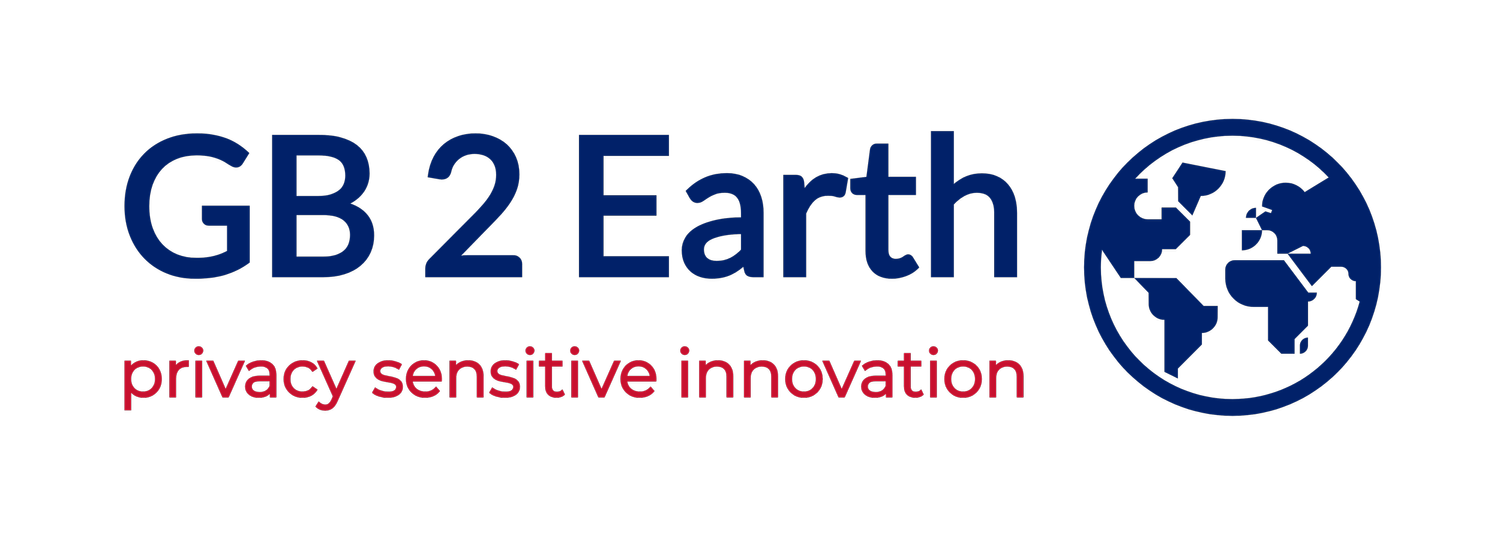Intuition validation is the email for proving/disproving you're right
Yesterday, I had a long conversation with Raphael which covered a lot of ground: many different subjects. We discussed matters of both common and separate interest, too. It's great to talk about real-world problems with people whose main problem is not how to invoice the customer ASAP:
• https://gb2earth.com/newlean
At one point, as it unfortunately inevitably will these days, the discussion turned to #openai/#microsoft's alleged adding of value in the current #it-#tech landscape. I argued most firmly that neither add value at all: they steal value.
I used the example, mentioned by others recently on #linkedin, of the traditional establishment, alongside which the spanking new #openai/#microsoft bakery sets up shop. The new establishment then proceeds to undercut the prices of the traditional one by 50 percent, asserting what's involved is innovation. They neglect to admit to two realities:
1. The technology actually dates from the 1990s. NOT innovation.
2. They are not paying for the fundamentals of the manufacturing process. They STEAL raw materials.
Investors, meanwhile, think they see what's happening and can't resist the temptations of an apparently solid business model to chase the tail of the hype, leading to the opening of more shops by #openai/#microsoft in a very brief period of time at the expense of investment into real-world solutions.
In truth, the traditional bakery is just as innovative — all these years — as anyone has been in the sector in respect of its product lines, but has chosen not to behave as financial fraudsters in its manufacturing processes. Why do I assert the latter? Because while the traditional, original, much beloved bakery pays for its flour and related raw materials at market prices, #openai/#microsoft's bakery has chosen to appropriate this value from the suppliers of the same by stealthily stealing the basic foodstuffs under the cover of night; and not only this, then destroy the packaging with supplier and origin identifiers so nothing reaches landfill. Or the public domain/any kind of visibility or transparency.
So.
Zero. Audit. Trail. Ever.
All this makes me particularly frustrated, tbh. In 2019, I made an #ai product #submission which was refused by #dasa/#departmentfortransport reviewers because the training of the #ai would be too difficult to obtain due permission for:
The reviewers argued — rightfully so, too, I'd say in hindsight (though it was really bad for me at the time) — that easy-to-access doesn't equal free-to-use.
Unless, of course, you're #openai/#microsoft's spanking brand-new bakery with fraudulent procurement processes. In which case, boxes of flour on the shelf ... boxes of flour that get wilfully squirrelled away.
Never.
To.
Be.
Seen.
Or.
Identified.
Or.
Audited.
Ever.
All the above for those who know is well known, of course. For all those who don't know yet, I hope it's helpful.
But two final observations:
Firstly, the GPT in #chatgpt doesn't describe what it is — or ever will be — but, rather, what its greedy advocates wanted it to be, with no evidence prior to being presented. Because even cool people in tech I've spoken with recently really really DON'T know what GPT actually stands for, or therefore means:
• https://gb2earth.com/invest-example
Secondly, #intuitionvalidation is a REAL general purpose technology: why when I write about it people sometimes believe I'm being scattergun.
I really need to start saying this:
"Intuition validation is the email for proving/disproving you're right."
Don't I?
Yes. I think I do.
